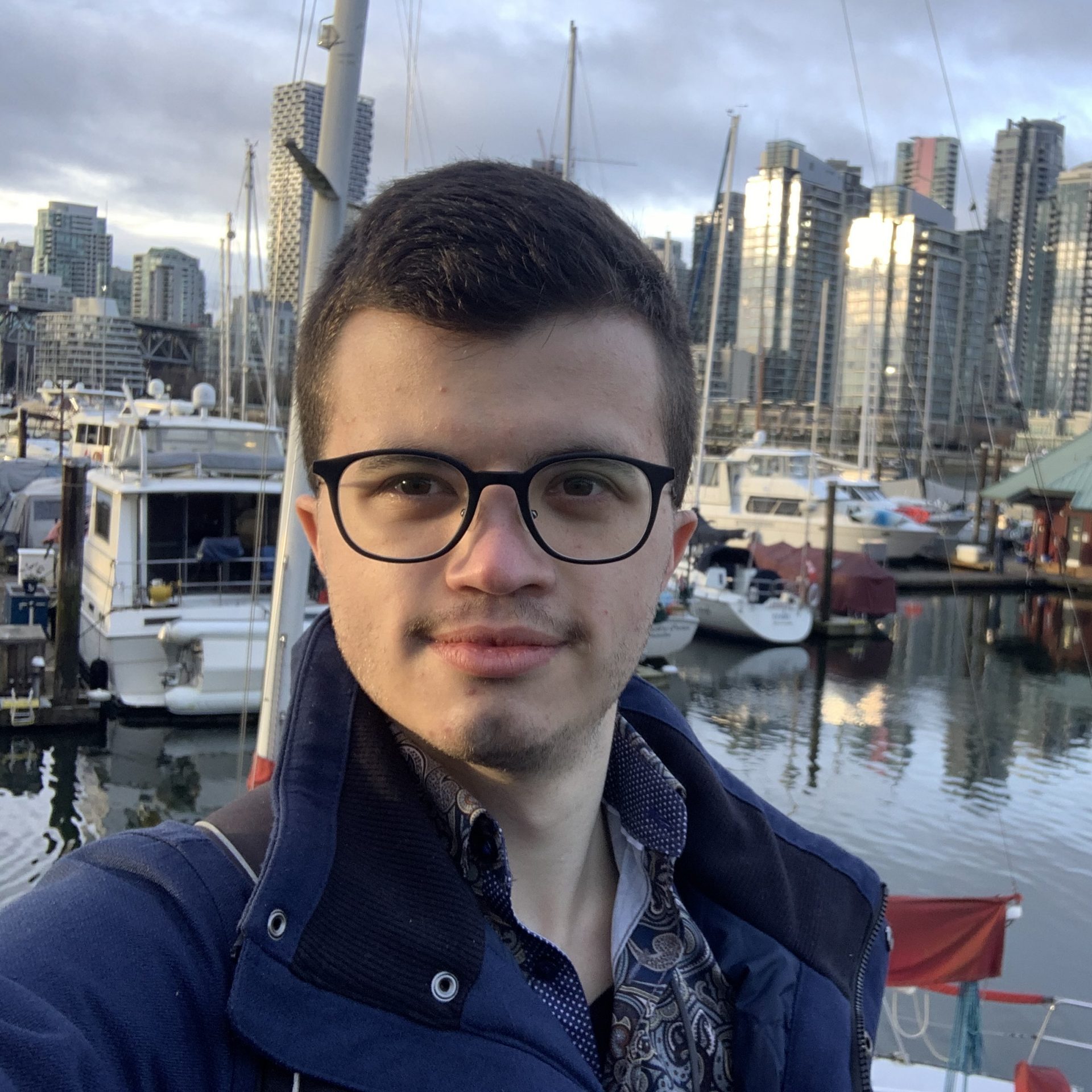Is Our Food Waste Creating a Murder of Crows?
Ongoing research finds that trashcans can feed and boost crow populations, which comes with a potentially deadly cost for some other bird species.
Qingshi Tu

Qingshi Tu
Assistant Professor of Industrial Ecology, UBC Faculty of Forestry
Contact Details
Group page: https://grouptu.forestry.ubc.ca/
Twitter: https://twitter.com/ubc_sbr,
LinkedIn: https://www.linkedin.com/in/qingshi-tu-phd-47285520/
Email:
qingshi[dot]tu[at]ubc.ca
Office phone:
604 827 6336
Bio
Qingshi Tu is appointed in Forestry, not at IRES, and instead is a Faculty Associate of our unit. He may supervise students in our RES graduate program.
Qingshi Tu, Assistant Professor of Industrial Ecology, has a strong track record of life cycle assessment (LCA) research on a variety of topics. Dr. Tu is particularly interested in developing decarbonization strategies that focus on the nexus between socio-economic behaviors and technological advancement. Dr. Tu’s research focuses on: 1) creating open-source databases and models for evaluating the environmental, economic and social impacts of emerging technologies, 2) transforming knowledge into user-friendly tools and educational materials, 3) engaging different stakeholders to collaborate on sustainable bioeconomy projects.
Our Faculty Associates play a special role in IRES, compared to many other units. A large percentage of the graduate student population (of over 100 students) in IRES are supervised by advisors from other departments, hence Faculty Associates are crucial for the role they play in supervising the interdisciplinary graduate students in our institute. IRES Faculty Associates do not have voting rights and are nominated and seconded by an IRES faculty member. Becoming a Faculty Associate also requires the agreement of the Dean and the home department head, and is generally based on previous involvement with our institute. To learn more about how to become an IRES Faculty Associate, please click here.
Fernando Garci-Crespo Santaló

Fernando Garci-Crespo Santaló
Contact Details
https://www.linkedin.com/in/fernando-garci-crespo-santalo-294807127?
Bio
Fernando Garci-Crespo Santaló is an MA student at IRES working under the supervision of Milind Kandlikar with an interest in environmental economics, sustainable development, electoral politics and public policy. He is deeply passionate about bridging the divide between knowledge, people and power; how researchers can drive public policy and fend off growing populist narratives that cast doubt on the value of science, research and academia.
Beyond his MA, Fernando is working as an researcher on a project analyzing the climate plans of the Pathways Alliance, a consortium of oil companies in the Albertan oil sands pledging to reach net zero emissions by 2050.
Prior to IRES Fernando graduated with distinction from UBC with a BA Honours with a double major in Geography & Economics, and worked as a policy researcher for a joint project by the OECD and Global Methane Hub on the mitigation of methane emissions from waste.
Aside from research and academia, Fernando has been involved numerous projects in electoral politics and activism, from local campaigns in Vancouver to projects as far as New Zealand or Newfoundland and Labrador. As part of his work as an activist and political organizer, Fernando has attended various UN international conferences such as COPs or HLPF.
March 14, 2024: No Seminar this Week
Speaker planned for this week had to cancel due to an illness, the next seminar will be on March 21st!